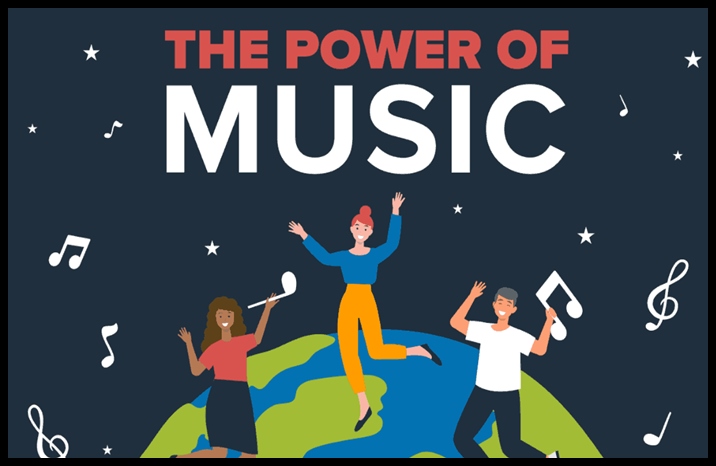
Throughout history, music has served as a powerful tool for protest and social change. From civil rights movements to anti-war rallies, music has inspired, united, and mobilized people towards collective action. This article explores the transformative power of music as a form of protest, examining its historical significance, its ability to amplify voices, and its capacity to ignite social movements.
Historical Significance
Music has played a pivotal role in historical movements for social change. From the civil rights era with songs like “We Shall Overcome” to the anti-apartheid struggle with “Free Nelson Mandela,” music has been a catalyst for mobilization and resistance.
Songs have given voice to the marginalized, expressing their struggles and aspirations, and have served as anthems of defiance against injustice. Music has the unique ability to transcend language barriers and connect with people on an emotional level, making it a powerful vehicle for inspiring action.
Amplifying Voices
Music has provided a platform for marginalized communities and individuals to have their voices heard. Artists have used their music to shed light on social issues, raise awareness, and challenge the status quo. Songs like Bob Dylan’s “Blowin’ in the Wind” and Nina Simone’s “Mississippi Goddam” brought attention to civil rights and racial inequality.
Through their lyrics, musicians capture the essence of social struggles and create a shared experience that resonates with listeners, encouraging empathy and fostering a sense of solidarity.
Creating Unity and Mobilizing Movements
Music has the unique ability to unite people and create a sense of community. In times of social and political unrest, songs become rallying cries, bringing people together in their pursuit of change. Whether it’s the protest songs of the 1960s or the hip-hop anthems of today, music has a way of energizing movements and inspiring activism.
Concerts and music festivals have become platforms for organizing and mobilizing communities, providing spaces for collective action and fostering a sense of empowerment among participants.
Challenging Authority and Promoting Awareness
Music has often been a vehicle for challenging authority and questioning societal norms. Artists have fearlessly spoken out against political oppression, war, and human rights abuses through their music. Songs like John Lennon’s “Imagine” and Public Enemy’s “Fight the Power” have called for peace, equality, and justice.
Music not only raises awareness about social issues but also encourages critical thinking and a re-evaluation of the status quo. It challenges listeners to examine their own beliefs, provoking conversations and inspiring individuals to take action.
Cultural Change and Shaping Public Opinion
Music has the power to shape public opinion and influence cultural change. It can challenge dominant narratives and offer alternative perspectives. Artists have used their music to advocate for marginalized communities, amplifying their stories and struggles. Songs like Tracy Chapman’s “Talkin’ ’bout a Revolution” and Sam Cooke’s “A Change Is Gonna Come” have become anthems for social justice and equality.
By capturing the collective sentiment and expressing it through music, artists have the ability to shape public discourse, shift societal attitudes, and pave the way for lasting social change.
Conclusion
Music’s ability to inspire, unite, and ignite social movements is a testament to its profound impact as a form of protest. From its historical significance to its ability to amplify voices and challenge authority, music continues to be a powerful force for social change, breaking down barriers and fostering a more just and inclusive society.

















